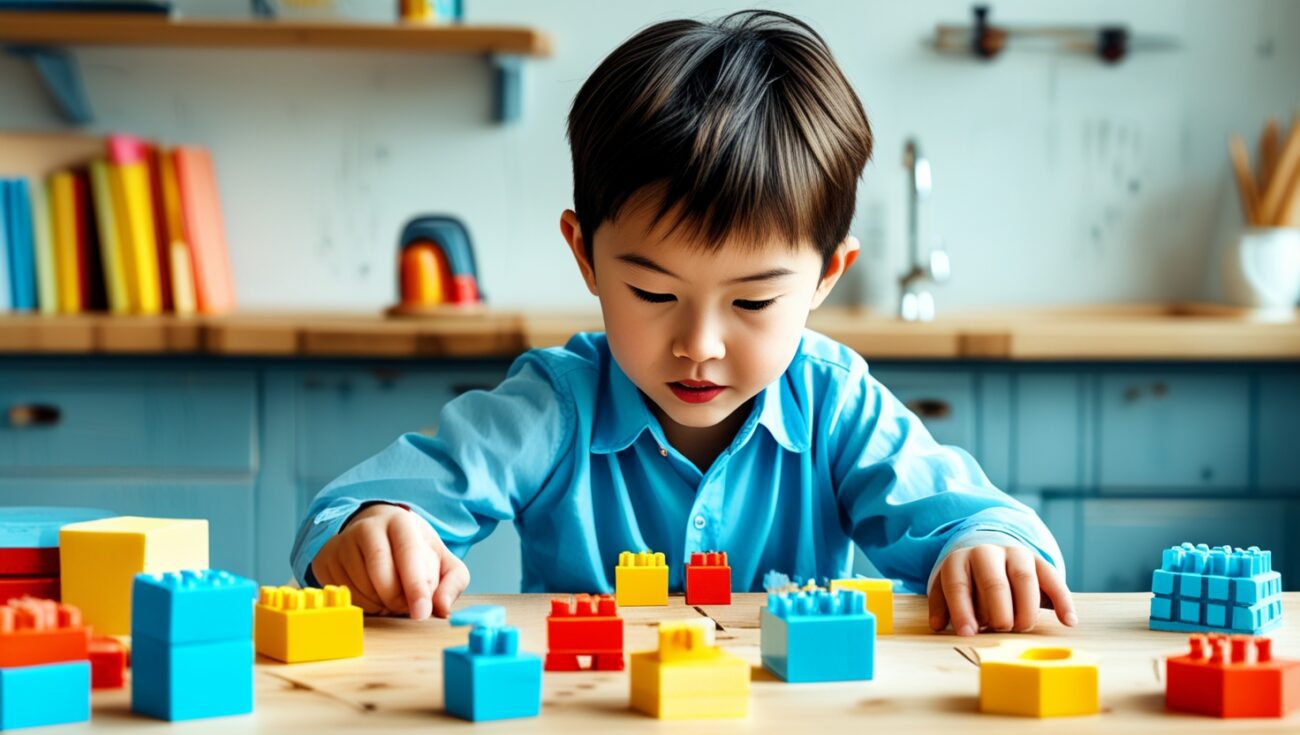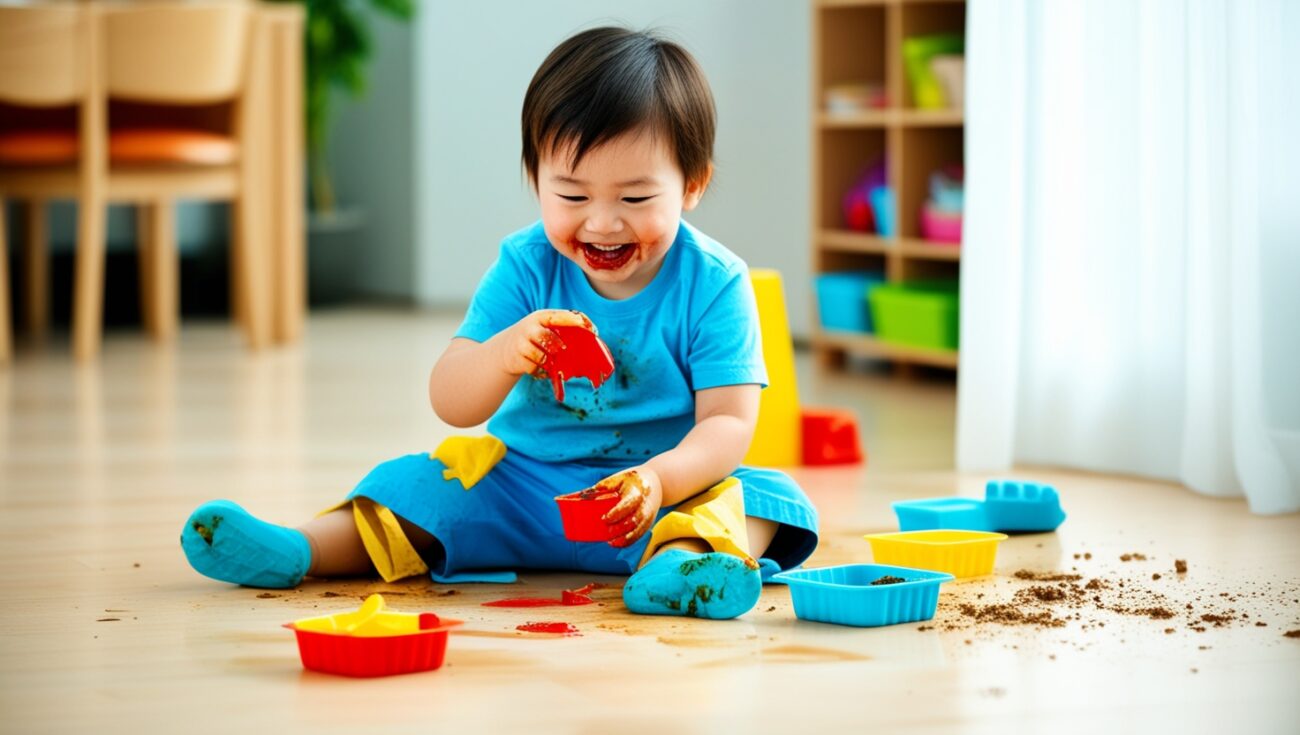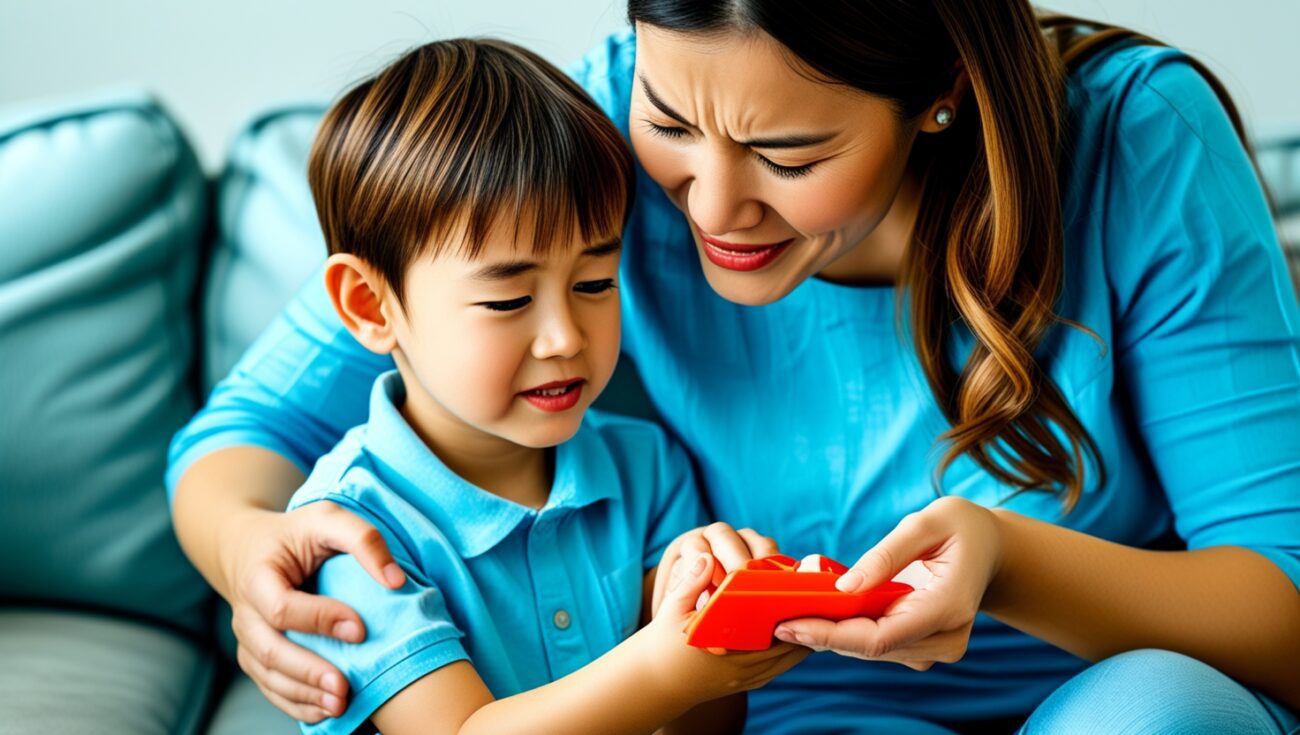Blog
How to Reduce Jealousy Between Children

Are you dealing with jealousy between your children? Don’t worry, you’re not alone! Jealousy is a natural feeling among kids, but if not handled properly, it can lead to negative emotions and unwanted behaviors. In this article, we’ll discuss effective strategies to reduce jealousy between children. You can also check out the full video on this topic on YouTube where we dive deeper into these strategies.
The goal is to create a healthy, supportive environment where each child feels valued and appreciated, without negative comparisons. Let’s explore these strategies to help strengthen the bond between your kids and reduce feelings of jealousy.
Tip 1: Encourage Individuality and Celebrate Unique Strengths
Each child is unique and has their own strengths and interests. When children feel appreciated for their individual qualities, they’re less likely to feel jealous of each other.
- Identify Personal Strengths: Help each child discover their own talents and interests. For example, if one child loves drawing and the other enjoys sports, focus on nurturing each child’s hobby.
- Personalized Praise: Praise each child individually for their efforts. When a child feels proud of their own achievements, it reduces the likelihood of comparing themselves to their siblings.
- Support Their Uniqueness: Encourage your children to embrace their uniqueness. Whether it’s a talent, skill, or passion, show them it’s okay to be different.
Tip 2: Promote Cooperation Instead of Competition
Instead of fostering competition between your kids, focus on promoting cooperation. Working together helps children bond and learn the value of teamwork.
- Collaborative Activities: Encourage kids to work together on activities like building a puzzle, cooking a meal, or cleaning the house. These activities help children realize that cooperation leads to better results for everyone.
- Teamwork Over Winning: Focus on the value of teamwork rather than individual success. Show them that accomplishing a task together is more rewarding than being the best at something.
- Celebrate Group Achievements: When children work together and succeed as a group, celebrate their collective effort. This reinforces the idea that cooperation is more important than comparison.
Tip 3: Avoid Comparisons Between Siblings
One of the main reasons jealousy arises is constant comparison between children. It’s important to help kids understand that each person has their own path.
- Stop Making Comparisons: Avoid saying things like “Why can’t you be more like your sister?” or “Your brother does this better.” These comments can fuel jealousy and resentment.
- Highlight Individual Achievements: Instead of comparing children, focus on celebrating their individual successes. For example, say “I’m proud of how well you did with your homework today” instead of comparing their efforts.
- Emphasize Unique Qualities: Make sure each child feels appreciated for who they are, without always measuring them against each other.
Tip 4: Build Trust and Emotional Security
When children feel emotionally secure and trusted, they’re less likely to experience jealousy. It’s important to create a stable, loving environment for them to grow.
- Show Equal Love and Attention: Ensure that each child feels loved and appreciated, regardless of their actions. Spending individual time with each child helps reinforce this sense of importance.
- Encourage Open Expression: Let children express their feelings, including any feelings of jealousy. By acknowledging their emotions, you can help them process and manage these feelings in a healthy way.
- Provide Emotional Support: Make sure your children know that, no matter what, they have your full support. This security reduces competition and jealousy between siblings.
Tip 5: Teach the Value of Sharing and Generosity
Teaching kids to share and be generous with others helps reduce jealousy, as they learn to see the benefits of giving instead of holding on to everything for themselves.
- Promote Sharing: Encourage children to share toys, games, and other resources with each other. Teach them that sharing brings happiness to everyone.
- Model Generosity: When you model generous behavior, your children will learn the value of giving. Show them how rewarding it is to help others and give without expecting anything in return.
- Reward Positive Sharing: Praise and reward your children when they show generosity, such as sharing a toy or offering help. This reinforces the idea that being kind and sharing reduces feelings of jealousy.
Reducing jealousy between children requires patience, understanding, and consistent effort. By encouraging individuality, promoting cooperation, avoiding comparisons, building trust, and teaching the value of sharing, you can help create an environment where jealousy is minimized. Remember, it’s not about eliminating all competition, but fostering a loving, supportive family dynamic where each child feels valued for who they are. With the right guidance, your children can learn to appreciate each other and develop strong, positive relationships.
Watch the full video on how to reduce jealousy between children here:






















